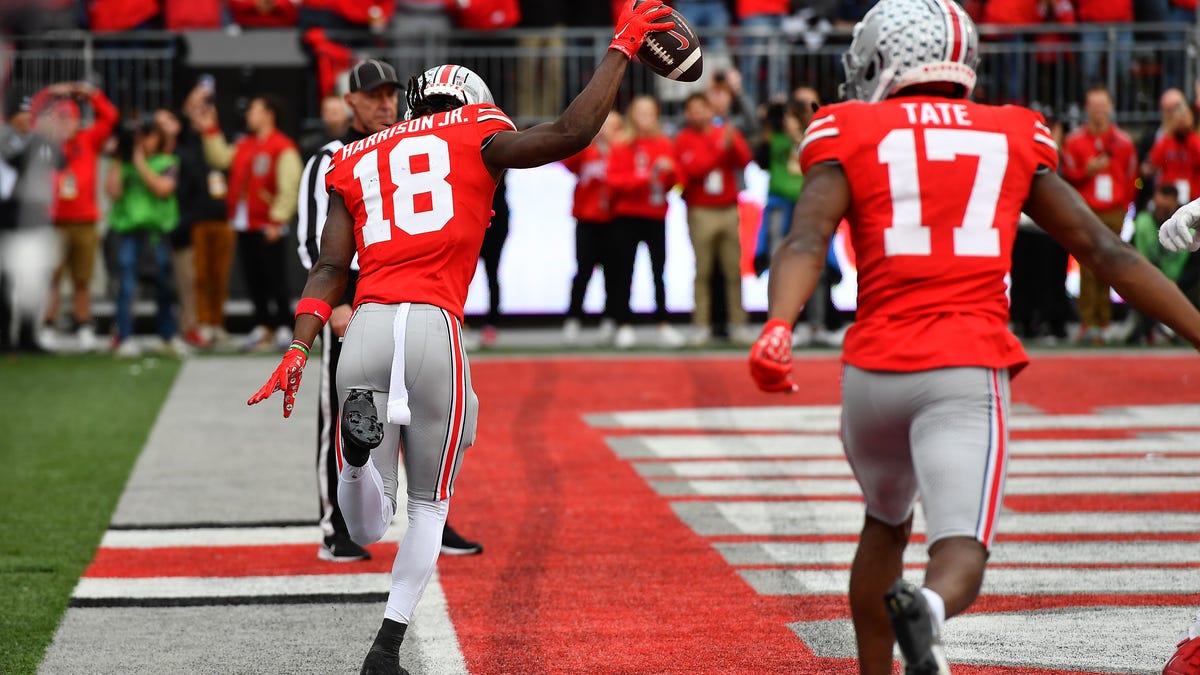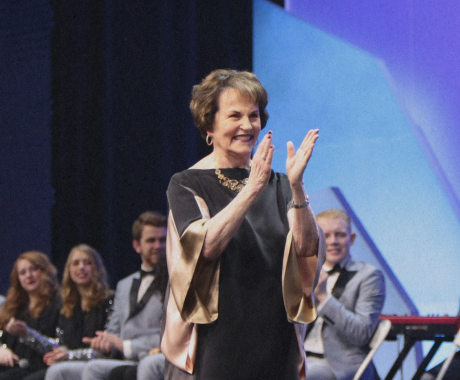In 2020 while granting bail in a rape case, the Karnataka high court took it upon itself to comment on the behaviour of the rape survivor. The judge found it strange that the woman had fallen asleep after being raped. This was not the way “our women reacted when ravished”, he observed.

In the absence of the insights of the learned judge into appropriate female behaviour, the court’s comments led to outrage and were later expunged. But it also led to a larger discussion on the gender stereotypes that come through in rape sentencing.
A report I wrote along with legal scholar Anupriya Dhonchak for the website Article 14 revealed two broad trends, both pernicious and both of which stemmed from the judges’ preconceived ideas of the ‘ideal’ rape victim.
In the first, women are seen as wily, unscrupulous and promiscuous, their “feeble no” an impediment in rape convictions.
Women who are “accustomed to sexual intercourse” come in for special treatment. In 2017, the Punjab and Haryana high court granted bail to three male law students convicted of repeatedly raping a female student. In the eyes of the court, the crime was a “misadventure stemming from a promiscuous attitude and a voyeuristic mind”. Fortunately, the bail was subsequently cancelled by the Supreme Court.
Or, in another case, while granting bail to former BJP minister Swami Chinmayanand in 2019, the Allahabad high court found it “mind-boggling” that the “girl, whose virginity is at stake” did not tell her parents that he had been allegedly raping her for months during which time she “enjoyed” his patronage.
At the other end of the spectrum, you have a seemingly sympathetic judiciary that views rape as the ultimate crime against women, signalling the loss of her “most precious” attribute, her virtue and honour. Even the Supreme Court is not immune from this hyperbole: “A serious blow to the supreme honour of a woman” (Deepak Gulati vs Haryana, 2013); a “scar on the most cherished position of a woman” (Lillu vs Haryana, 2013).
Women’s groups have been fighting stereotypes since at least the 1974 Mathura judgement in which a trial court acquitted two policemen of raping a 16-year-old tribal girl inside the police compound at Gadhchiroli, Maharashtra. The court found the girl to be a “shocking liar” who was “habituated to sex” and so could not have been raped. To its eternal shame, even the Supreme Court upheld that judgment noting that there were no apparent injuries on her body. The judgement led to one of the finest interventions in our judicial history with a group of people including professor Upendra Baxi and academic Lotika Sarkar writing an open letter criticising it—eventually leading to changes in the Evidence Act.
Words matter and the release on Wednesday of a Supreme Court handbook on avoiding gender stereotypes can only be welcome. Ridiculous expressions like “eve-teasing” will be replaced with the more accurate, street sexual harassment.
The word “adulteress” might have found favour in colonial notions and lurid novels but when adultery itself is no longer a criminal offence since the apex court’s 2018 judgment, does the label still have currency?
Ditto for concubine, mistress, kept woman and the like, words that are revealing of their sexism since language simply has no male equivalent.
Isn’t all intercourse carnal, all rape forced, so why bother with the adjectives?
The handbook also has a section that seeks to dispel stereotypes—women are more emotional and compassionate than men; all women want children; they are better suited to nurturing and should do all the household chores. Confronting these myths is important since they “contravene the duty of judges to decide each case on its merits, independently and impartially,” chief justice DY Chandrchud wrote in the foreword.
But while the 31-page handbook is a first step that seeks to end prejudiced language and to legitimise feminist principles of equality guided by no less a person than the chief justice, it cannot be the end goal.
The problem isn’t just words. It’s the mindset and thinking behind them. As long as judges counsel rape survivors to marry their rapists or see dereliction of household duties by wives as grounds for divorce, we will continue to deal with the problem of a less-than-equal justice system.
What’s needed is not just new words but a new mindset. What’s missing from so much of public discourse—not just judicial but also in our politics—is the language of autonomy and equal rights; words that see us as citizens, not daughters dependent on the largesse of a benevolent state.
Namita Bhandare writes on gender. The views expressed are personal















